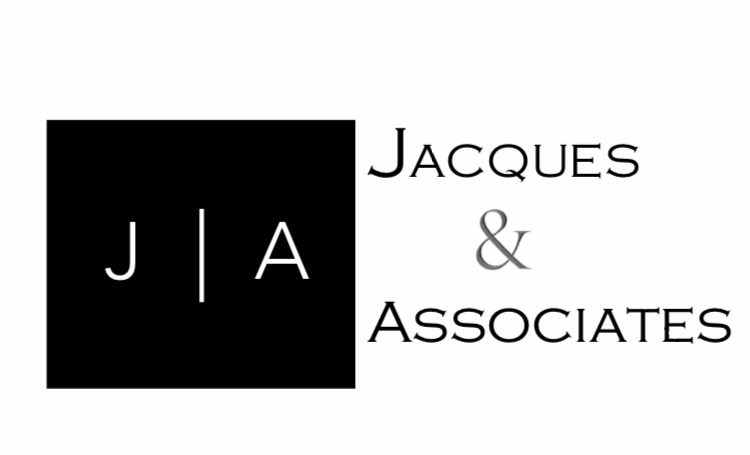WHEN DOES BORROWING FROM THE WORKS OF OTHERS CREATE A DERIVATIVE WORK?
/Have you ever contemplated using portions of an existing song, picture or image to create something of your own? When creating this “novel work” one can argue that they were “inspired” by the original work and thus compelled to incorporate their unique style to create a new work – beware as you may be in for a long battle ahead with the original author. Generally speaking, your “new project” may be considered a derivative work. However, there are several factors that the Courts consider before ascribing the term derivative work to anything that has been created using someone else’s work.
A derivative work is a new, original product that includes aspects of a preexisting copyrighted work. Derivative works can include musical arrangements, motion pictures, art reproductions, sound recordings or translations. A work consisting of editorial revisions, annotations, elaborations, or other modifications, which, as a whole, represent an original work of authorship, is a ''derivative work''. They can also include dramatizations and fictionalizations, such as a movie based on a play. The Courts have found that in order for a work to be considered a derivative work, the transformation, modification or adaptation of the work must be substantial and sufficient on its own to stand apart from the underlying work and thus be protected under copyright law.
"Fair Use" and “Transformative Use”
The “fair use” doctrine is a defense available to someone who uses another's work—without permission—in the creation of his or her own work. Transformative uses may include criticizing the quoted work, exposing the character of the original author, proving a fact, or summarizing an idea argued in the original work in order to defend or rebut it. They also may include parody, symbolism, aesthetic declarations, and various other uses.
What Copyright Protection is There for Derivative Works?
The copyright on a derivative work covers only new material, appearing for the first time in the derivative work; it does not cover any preexisting material from the original.
If you are thinking about using an original work to create what you believe to be a new project consider (1) getting a license from the original author and (2) consulting an attorney.


